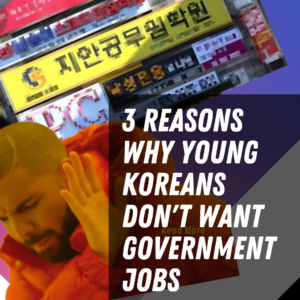Government Jobs in Korea
It wasn’t that long ago that government jobs were seen as the career path for young Koreans. Studying for the Grade-9 civil service exam was seen as a lifeboat in the rough oceans that is the Korean job market.
A job market that is already overly competitive, compounded with the hiring budget cut during the pandemic, JoongAng Daily hailed the civil service career path as salvation from the private-sector blues on August 16, 2021.
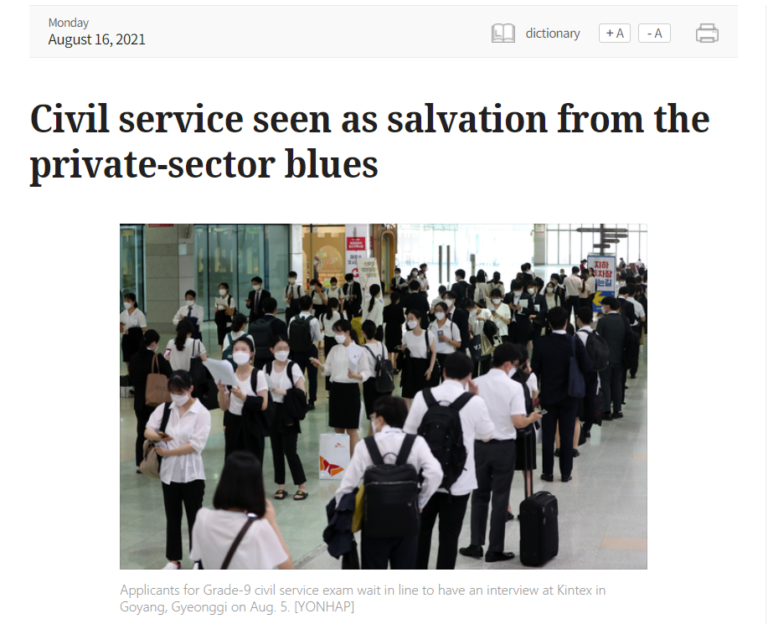
Everyone on board the civil service train then?
A year on, as we step into the 2nd quarter of 2022, we are seeing some very different sentiments toward a career in civil service. A growing number of young Koreans are losing interest in getting public sector jobs, as evidenced by a steady decline in the competition ratio for the civil service exam.
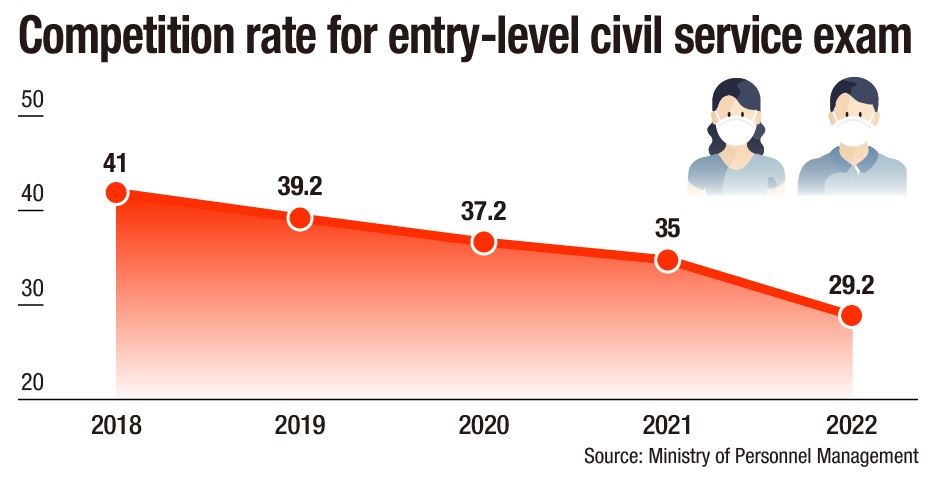
Data from the Ministry of Personnel Management (MPM) show that 165,524 people applied for this year’s civil service exam, resulting in a competition rate of 29.2: 1, down from 35:1 in 2021 and 37.2:1 in 2020. The competition ratio had soared to 39.2:1 in 2019, 41:1 in 2018. (source: The Korea Times)
Trends do come and go very quickly in the Korean economy, (Anyone want to chat about Squid Game in my Clubhouse? Anyone?) but why are Koreans Millennials and Gen Z are turning away from civil service?
Expectations not met
In the same article that saw JoongAng Daily called civil service as a salvation, survey respondents cited a) Guarantee tenure b) Pension c) Better work life balance as the top 3 reasons that attracted them to civil service.
Ironically 2 of those 3 reasons are why Young Koreans are subbing civil service in 2022.
3 Reasons Why Young Koreans are turning away from Civil Service Jobs
Reason 1
Pension: Specifically Less Pension “
“Public service positions had long been one of the most-coveted jobs among young Koreans mainly because they could receive a sizable pension after retirement,” Seol Dong-hoon, a professor of sociology at Jeonbuk National University, told The Korea Times.
That situation changed following the 2015 pension reforms, which raised the eligibility age for the civil servant pension from 60 to 65 and increased the proportion of contributions from 7% of their salary to 9% And to complete the tri factor: payment rates decreased from 1.9 percent to 1.7 percent.
Added the fact that most public service jobs paid less than average salary comparing to the private sector.
Reason 2
Work life balance
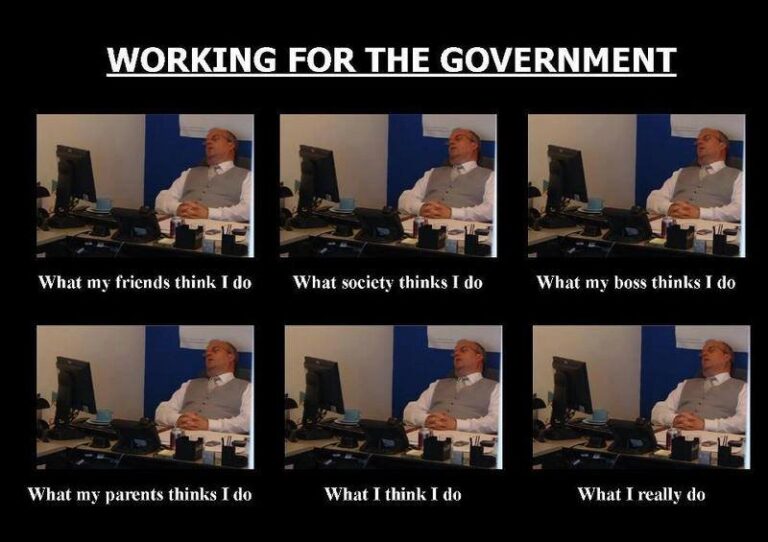
If you have stepped into any public facilities in the past 2 years in Korea, you would know that the above picture is not a good representation of the public sector life.
The Covid pandemic has thrown people’s life upside down, and it seems that the same can be said for the work of civil servant work life balance.
Perhaps in order to provide a public service that can keep up with the high level of consumer expectations in Korea, only 40% of civil servants said they have a fair work-life balance, with more than 36% of the workers considering switching jobs due to a heavy workload. (source: Next Research)
So the myth of a comfy government job seems to be busted.
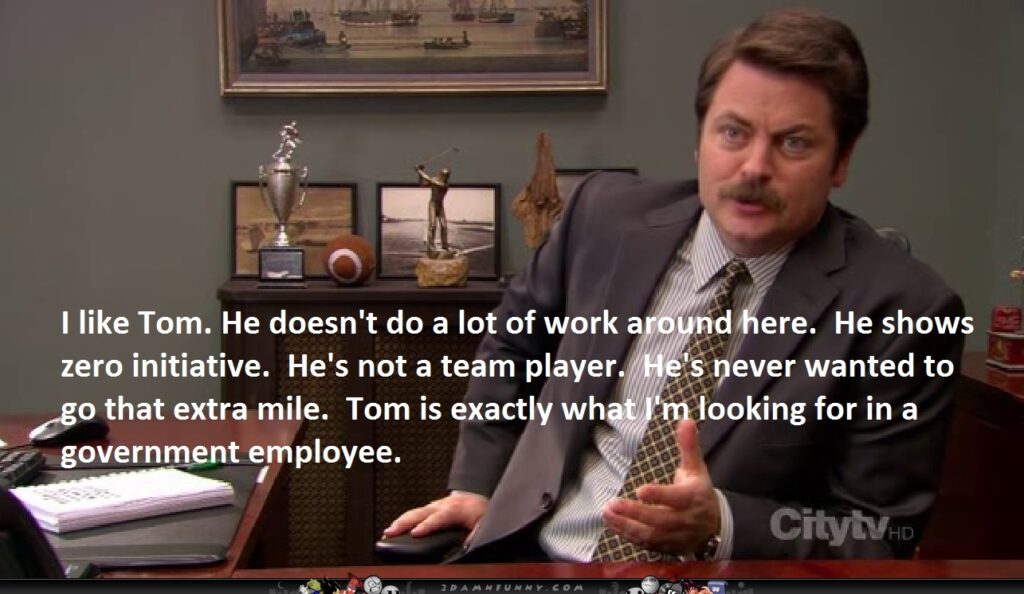
Reason 3
Kkongdae
A common culprit on why young Koreans hate the workplace.
It seems that the MZ generation is also turned off by the conservative nature of the public sector, with majority of leaders in public sectors coming from the older generations.
Over 40% of public workers, voiced out in survey and said they are currently working with “incommunicable” bosses who never listen to them, and were often frustrated when when ideas on how to work clashes between the generations.

Compensation, Work life balance and Generational diversity looks like civil service are facing similar issue as the private sector .
Be sure to subscribe to the newsletter to receive update and special invitation to event!
